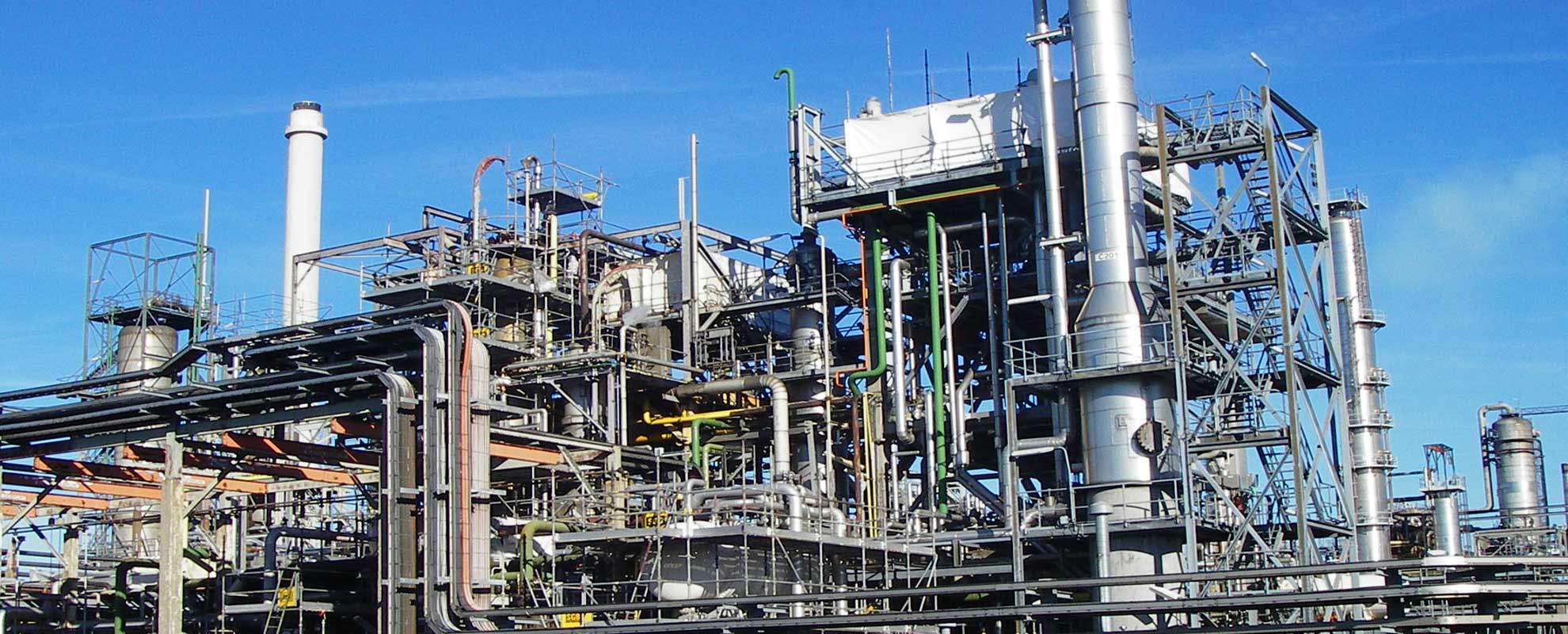Iran Sanctions: US rejects EU plea
July 17, 2018 | Expert Insights

The US has rejected the EU’s plea for sanction exemption to European companies in Iran.
This move comes after Iranian Foreign Minister met with European powers in Vienna recently to save the Iran Nuclear Deal.
Background
The Joint Comprehensive Plan of Action (JCPOA) is a comprehensive agreement between the P5+1 countries (France, China, Russia, US, UK, and Germany), the European Union and Iran to prevent nuclear arms development in Iran, in exchange for removal of sanctions. October of 2025 was chosen as the Termination Day.
Under the JCPOA signed in Vienna, Iran agreed to scale back the country's uranium enrichment programme. In exchange, UN-approved sanctions were lifted, and Tehran was allowed to resume trading oil and gas on the international market. A total of $100bn in frozen Iranian assets was also released.
President Barack Obama also pledged to waive secondary American sanctions as long as Iran continues to abide by the agreement. Since the deal took effect in 2016 major European firms have rushed to do billions of dollars' worth of business with Iran.
Trump, a long-time critic of the deal, pulled out of the pact in May 2018. Washington also imposed a series of additional sanctions on Iranian entities, individuals and foreign companies. The United States also said that it will exert "maximum economic and diplomatic pressure" on other countries to stop buying crude oil from Iran. Washington has threatened the JCPOA’s remaining signatories with punitive measures if they engaged in trade and investment with Tehran.
However, on 6th July, Iranian Foreign Minister met with EU officials in the hope of implementing economic measures before the US sanctions are effective in November. Major European powers in Vienna agreed to pledge their support to the deal if Iran stuck to the terms and conditions.
Analysis
The European Union’s high level plea to grant exemptions to European companies from US sanctions against Iran was rejected by Washington. In a letter to European nations, Secretary of State Mike Pompeo said the US rejected the appeal because it wants to exert maximum pressure on Iran. It said exemptions would only be made if they benefited US national security.
The EU’s appeal emerged from apprehension over the effects of US sanctions on billions of dollars' worth of trade in Iran. Some of Europe's biggest firms rushed to do business with Iran after the nuclear deal took effect three years ago. In 2017, EU exports to Iran totalled €10.8bn, and imports from Iran to the bloc were worth €10.1bn. The value of imports was nearly double from the 2016 estimate. Now, European businesses are worried that their ties with the US could be damaged if they continue doing Iranian deals.
But earlier this year, the EU began reviving legislation that it said would allow its companies to continue doing business with Iran. The so-called "blocking statute" was introduced in 1996 , aimed at countering US sanctions linked to communist Cuba. However, there are doubts about the statute’s legal power. Thus, an updated version of the measure is expected to be in force before 6 August, when the first sanctions take effect.
Since the lifting of sanctions in Iran, there have been major EU-Iran business deals and these deals will be affected as Trump abandoned the JCPOA. Total (French) signed a deal worth up to $5bn to help Iran develop the world's largest gas field, South Pars. They now plan to unwind those operations by November unless the US grants it a waiver.
Norway's Saga Energy signed a $3bn deal to build solar power plants. Danish oil tanker operators Maersk and Torm are now refusing any new contracts with Iran; Maersk being the world's biggest operator of container ships. Italy's state rail firm FS signed a $1.4bn deal to build a high-speed railway between Qom and Arak. France's Renault signed a joint venture deal, including an engineering centre and a production plant, to boost Renault's production capacity in Iran to 350,000 vehicles a year. The others among this list are Airbus, Siemens and ATR.
Assessment
Our assessment is that the EU must revive and update its ‘blocking statute’ ahead of the sanctions, to safeguard European companies operating in Iran. We feel that the US’s rejection of the EU plea comes as another attack midst the US-EU trade conflict. Trump’s perception of EU nations as ‘foes’ in trading terms is affecting EU trade in other nations. We also believe that it would be in the interest of the EU and other global powers including China and Russia to intervene and ensure that Iran stays in the nuclear deal.








Comments